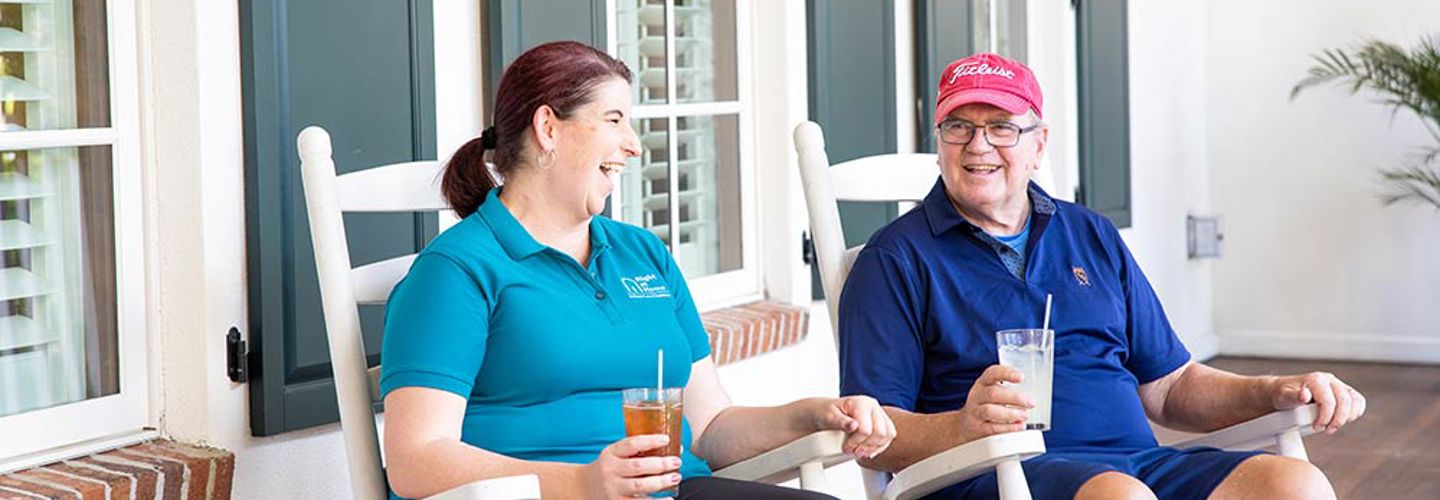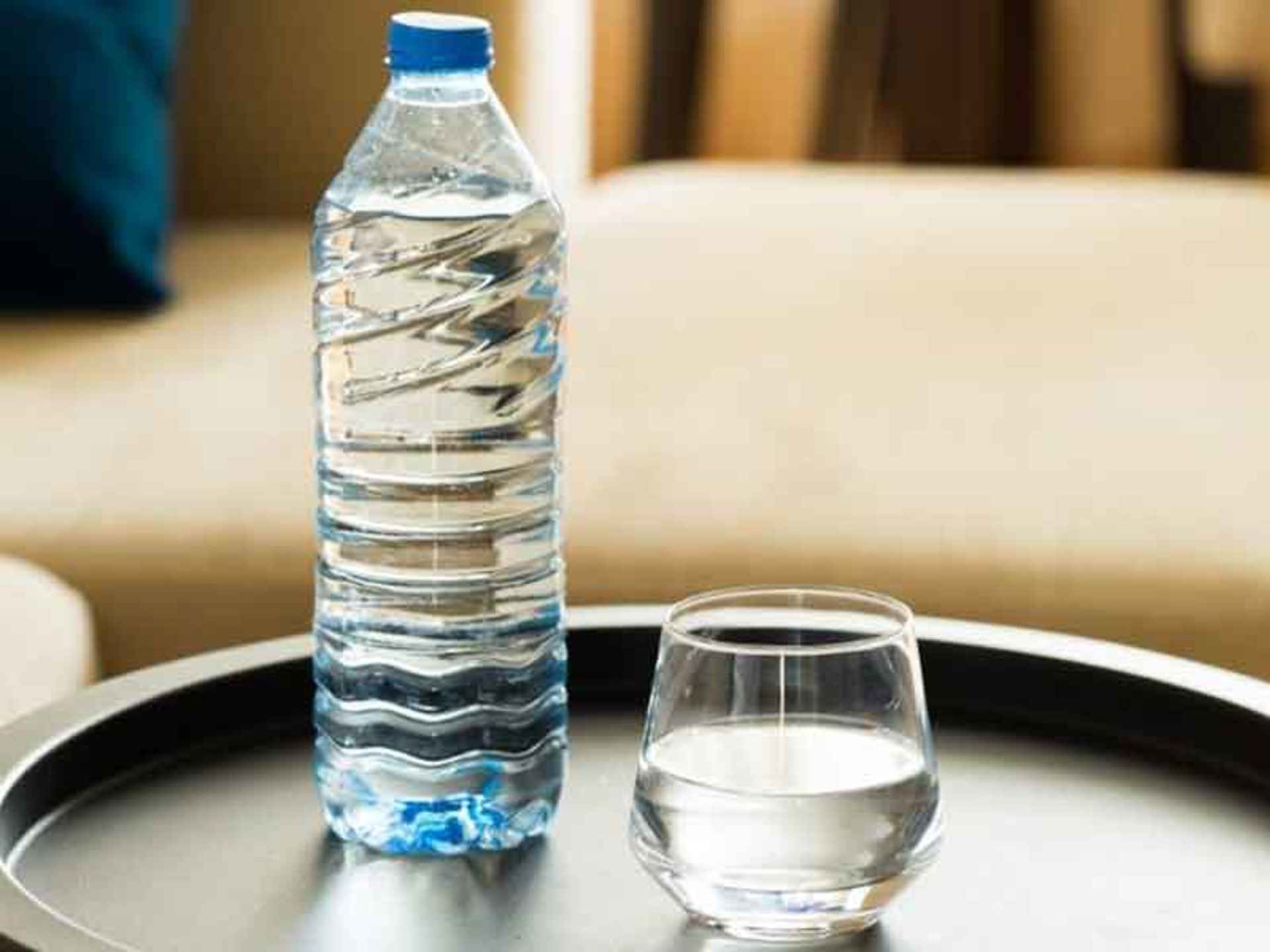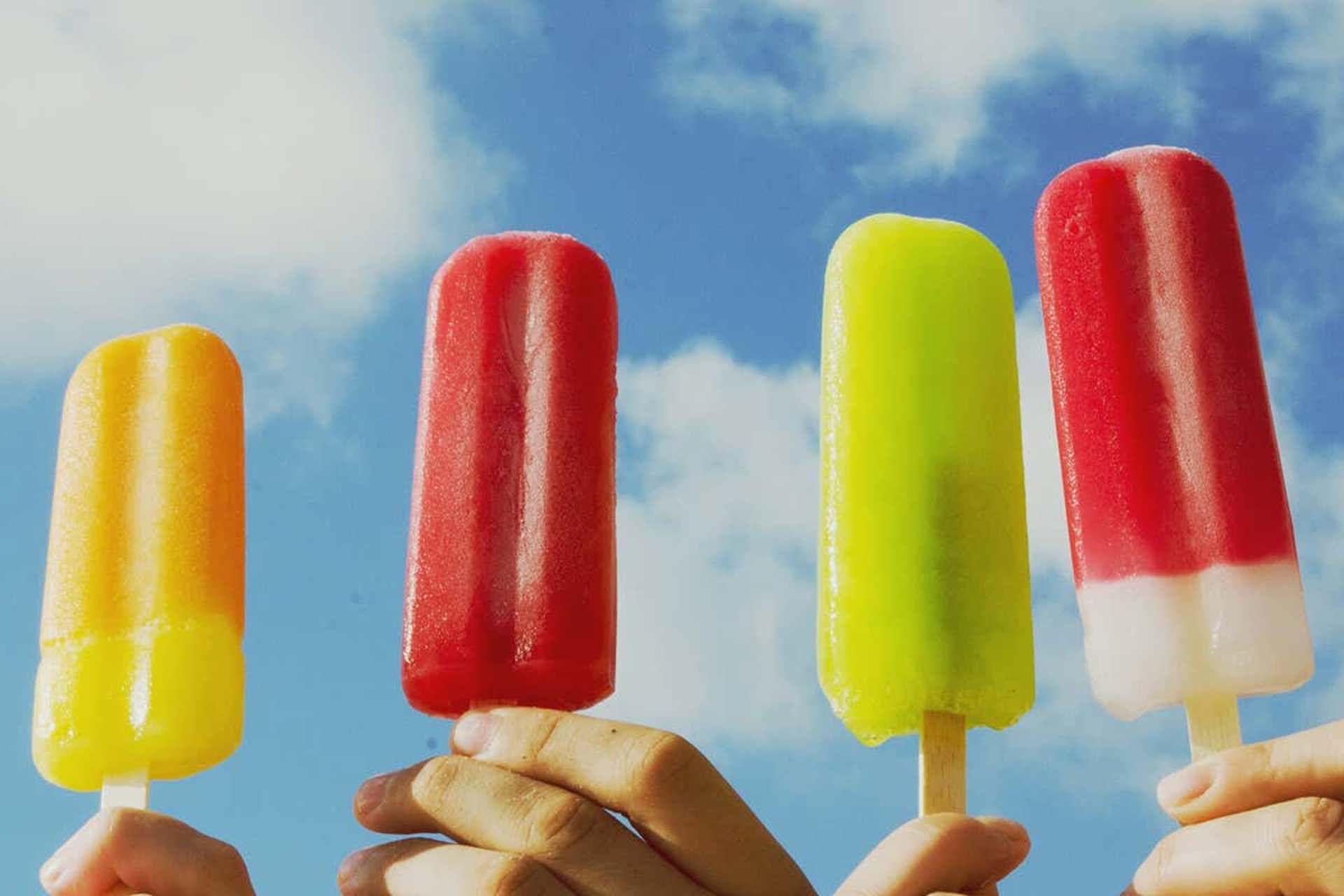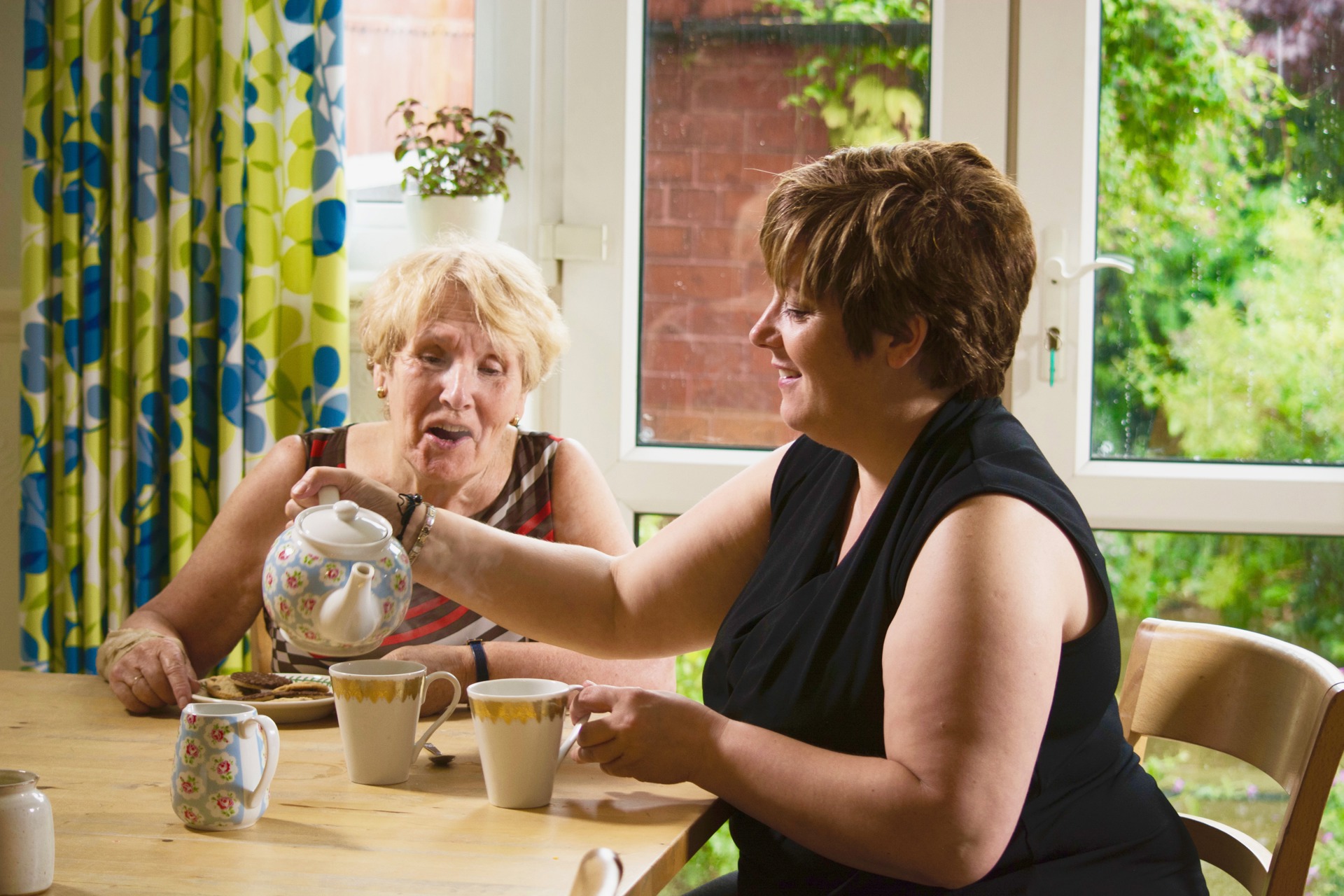
The Importance of Hydration
We’ve compiled a list of ways to stay hydrated beyond just drinking water.
Published: 22/08/2024
Our bodies need water to function, but whether we are relaxing at home or out and about in the summer heat (or even dodging a rainstorm), many of us find it challenging to drink enough water a day to stay healthy and hydrated.
Especially if we don’t feel thirsty. As we age, we feel less hungry and thirsty, making it harder to remember to drink the fluids we need. This can be especially difficult for loved ones with dementia who may refuse to drink if they don’t feel thirsty. Age UK warns of the following symptoms of dehydration to look out for:
- Feeling thirsty, lightheaded, tired or confused
- Dry mouth, lips or tongue
- Passing urine more often or less often than usual
- Constipation
To help avoid these symptoms and complications – and keep cool in the heat – we’ve compiled a list of ways to stay hydrated beyond just drinking water.



While drinking water is an important part of staying healthy and hydrated, it can get tedious, especially if you don’t feel thirsty. Here are a few alternative ways to ensure our bodies are getting the liquid they need to keep our joints and eyes lubricated, our skin healthy, aid in digestion and flush out waste and toxins:
- Hot and cold drinks count. Aim to drink 6-8 cups or glasses a day and consider keeping a chart or tick list somewhere visible (like your fridge) to help keep track.
- If a loved one refuses to drink water, try fixing them a cucumber sandwich instead. Eating foods high in liquids helps combat dehydration too. Fruit and vegetables, jellies, milk on cereal or even ice lollies can all help increase fluid intake.
- Try building hydration into a daily routine. Drinking water, a low sugar sports drink or a cup of tea or coffee at certain times each day can help make it become a regular habit. For example, consume a glass of water when you wake up in the morning and with any medication you take.
Another reason many older people may limit how much they drink is they are worried they might not make it to the toilet in time. Drinking more earlier in the day and avoiding caffeine or alcohol close to bedtime can help alleviate this worry overnight. Free toilet cards from Age UK also offer a quietly, discreet way to let people know you need to go if you’re out – and do talk to your GP or pharmacist, who may be able to help.
